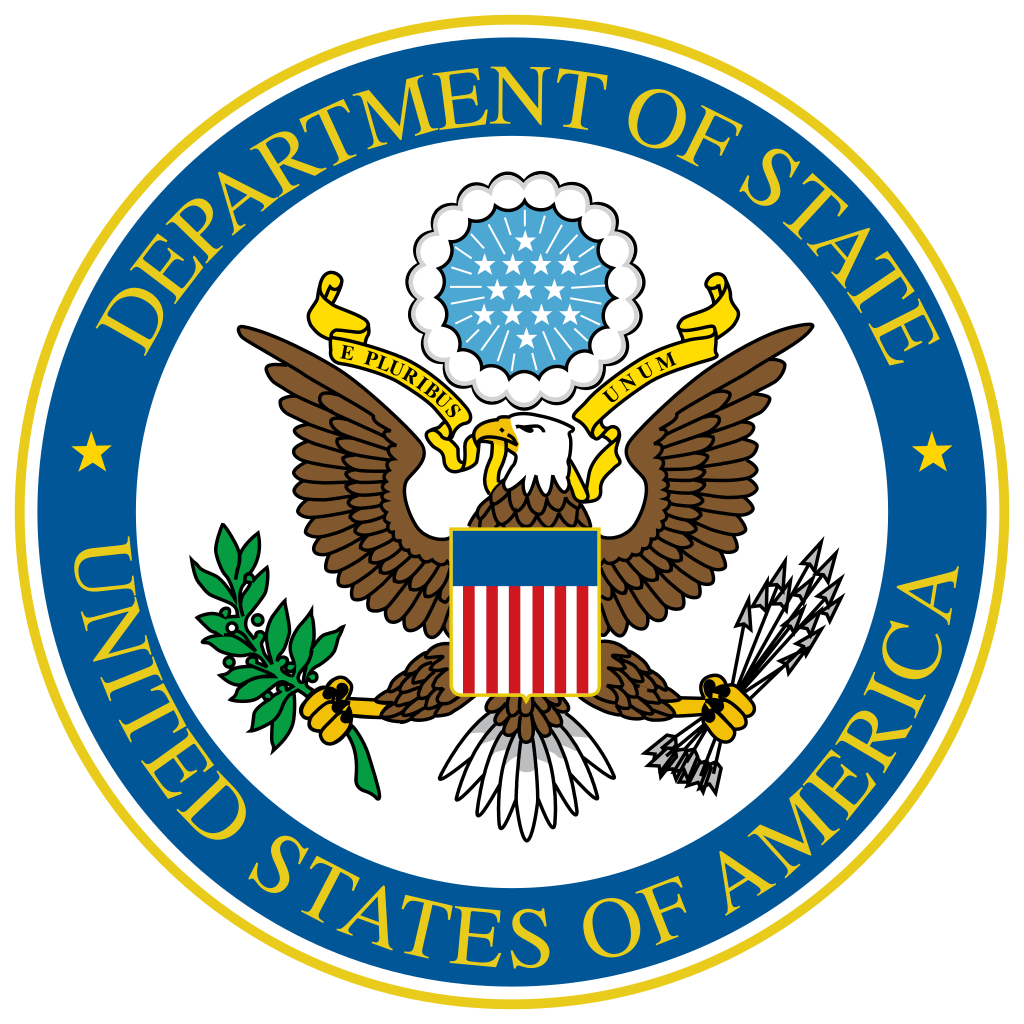
The State Department is receiving a lot of attention these days. In November, career foreign service officers Marie Yovanovitch, William Taylor, George Kent and David Holmes were in the national spotlight during the House hearings on the impeachment of President Trump in relation to his dealings with Ukraine. These previously little known State Department officials, two of whom have since left their positions, received daily press coverage for several weeks.
Two recent books provide deeper insight into the work of the State Department and the life of career foreign service officers. In his memoir The Back Channel: A Memoir of American Diplomacy and The Case for Its Renewal, William J. Burns recounts his 33-year career in the department from 1981 to 2014. And in The Ambassadors: America’s Diplomats on the Front Lines, Paul Richter discusses the experience and multiple assignments of four ambassadors in the Middle East from 2001 to 2017: Ryan Crocker, Robert Ford, Anne Patterson and Chris Stevens.
Both books are highly informative about what government actually does on the front lines. (It would be worthwhile to have similar books describing the jobs of public servants in other departments and agencies.) Burns describes diplomats as harnessing all the tools of American statecraft “from the soft power of ideas, culture and public diplomacy, to economic incentives and sanctions, intelligence-gathering and covert actions, and military assistance and the threat of force—to achieve policy aims. Diplomats are classic organizers, whether in mobilizing the levers of American influence, shaping international alliances, or bridging divides with adversaries.”